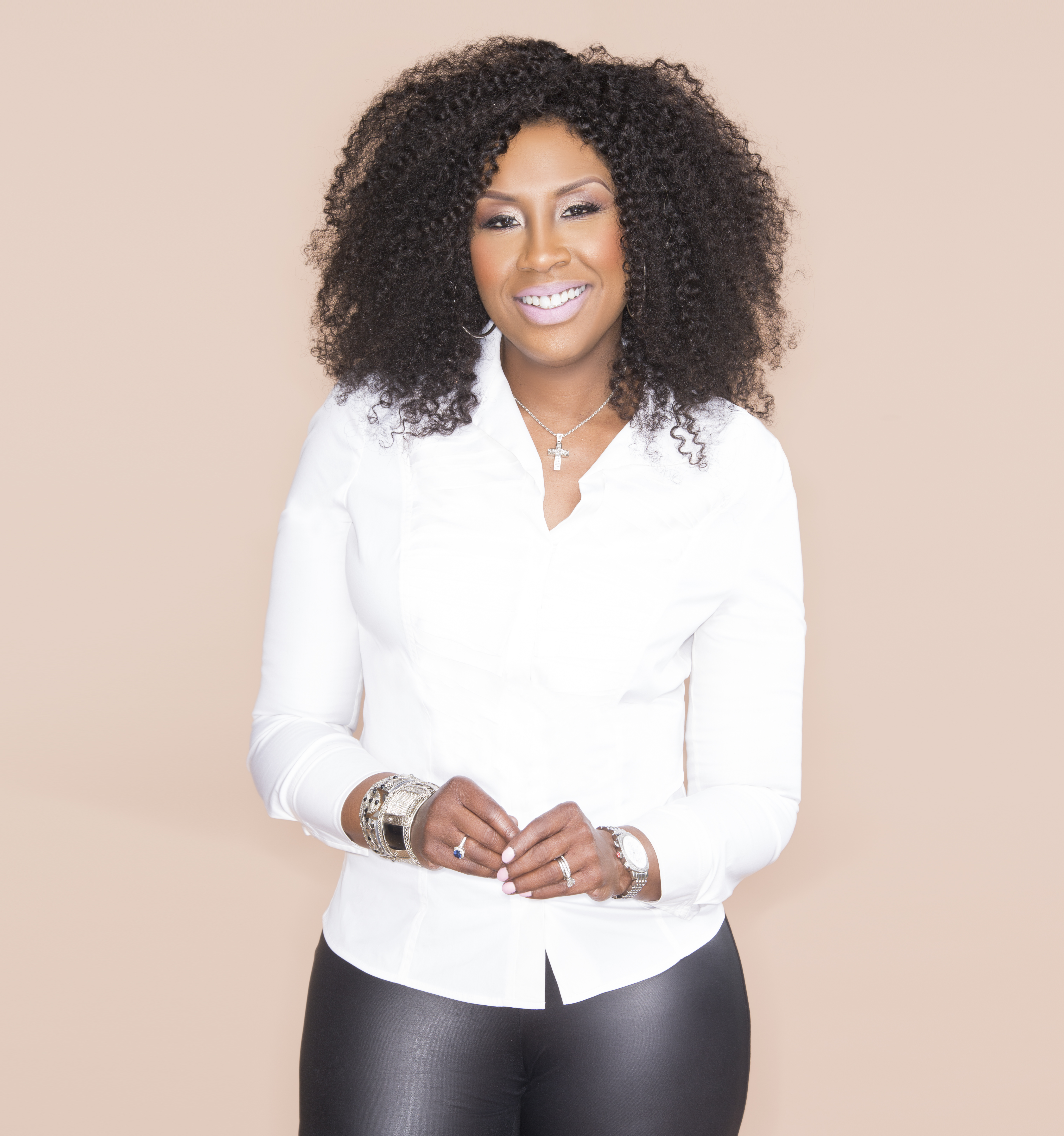On August 18, 1920, the women’s suffrage movement celebrated the ratification of the 19th Amendment to the U.S. Constitution. This amendment granted women the right to vote. On this, the 100th Anniversary, we must look back on the suffrage movement and focus in on why they fought so hard to ensure future women, us, would have the right to vote.
Women were considered second class citizens. As second-class citizens, women were thought to lack the intelligence needed to make decisions on political matters. Although there were many valid reasons women fought for the right to vote, the primary reason was equality. Women wanted equality and felt their votes would contribute to a more fair and equitable representation of society. The idea of women’s suffrage grew from the anti-slavery movement of the early 1800s, however, I can’t let this day pass by without reminding people that not all women gained the right to vote in 1920.
Despite the involvement of Sojourner Truth, Harriet Tubman, Ida B. Wells, Josephine St. Pierre Ruffin and Frederick Douglass, Black women had to fight for inclusion in the suffrage movement. Although the women’s rights movement was the offspring of abolition, white women were upset that the 1870 ratification of the 15th Amendment had given black men (in theory) the right to vote before white women received it. White suffragettes, especially those from the South, sought to “win women’s suffrage through demonstrating their allegiance to white supremacy.
While, on paper, black men and women had the right to vote, Jim Crow segregation, disenfranchisement, poll taxes, unpassable tests and violence, were used to suppress the black vote until the passage of the Voting Rights Act in 1965.
Today as we celebrate the 100th Anniversary of this storied movement, I would suggest ALL women, regardless of race think back on the good, the bad, the challenging and the victorious side of the 19th Amendment. In many parts of the world women are unable to work, drive cars, be religious leaders, professors, doctors, lawyers, journalists, activist or even have the right to vote. Voting is not just a “right” it is privilege and an honor none of us should take lightly.
So, although, in 1920, women’s suffrage wasn’t truly for “all” women, we must remember the movement fought for women’s voices to be heard. It is our personal responsibility to support candidates that reinforce that voice for all. It’s up to us!

